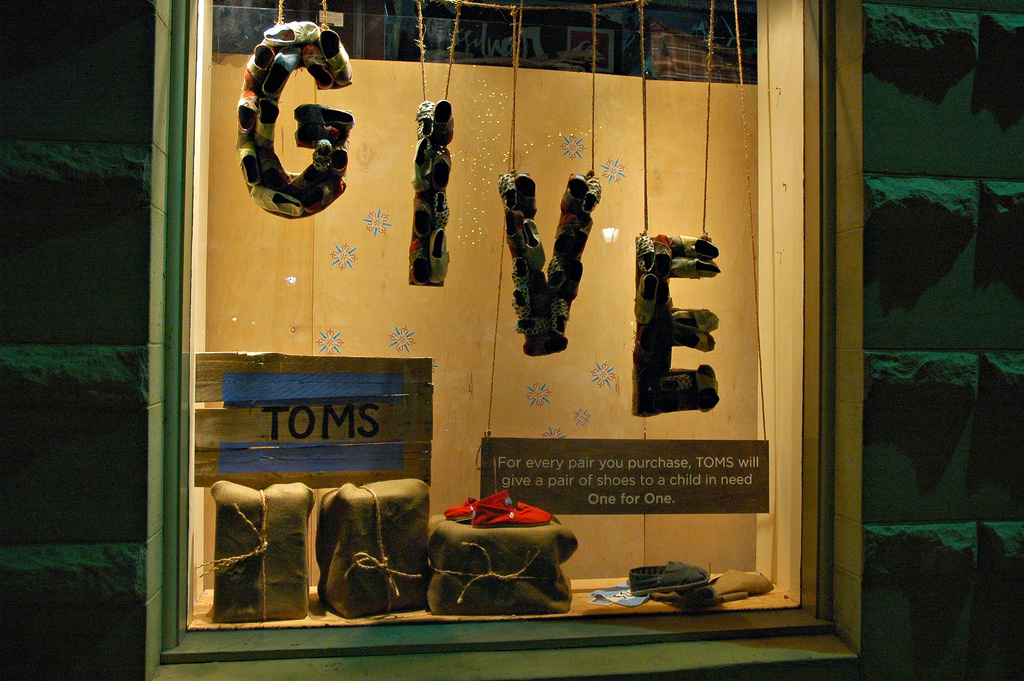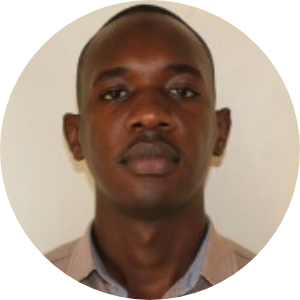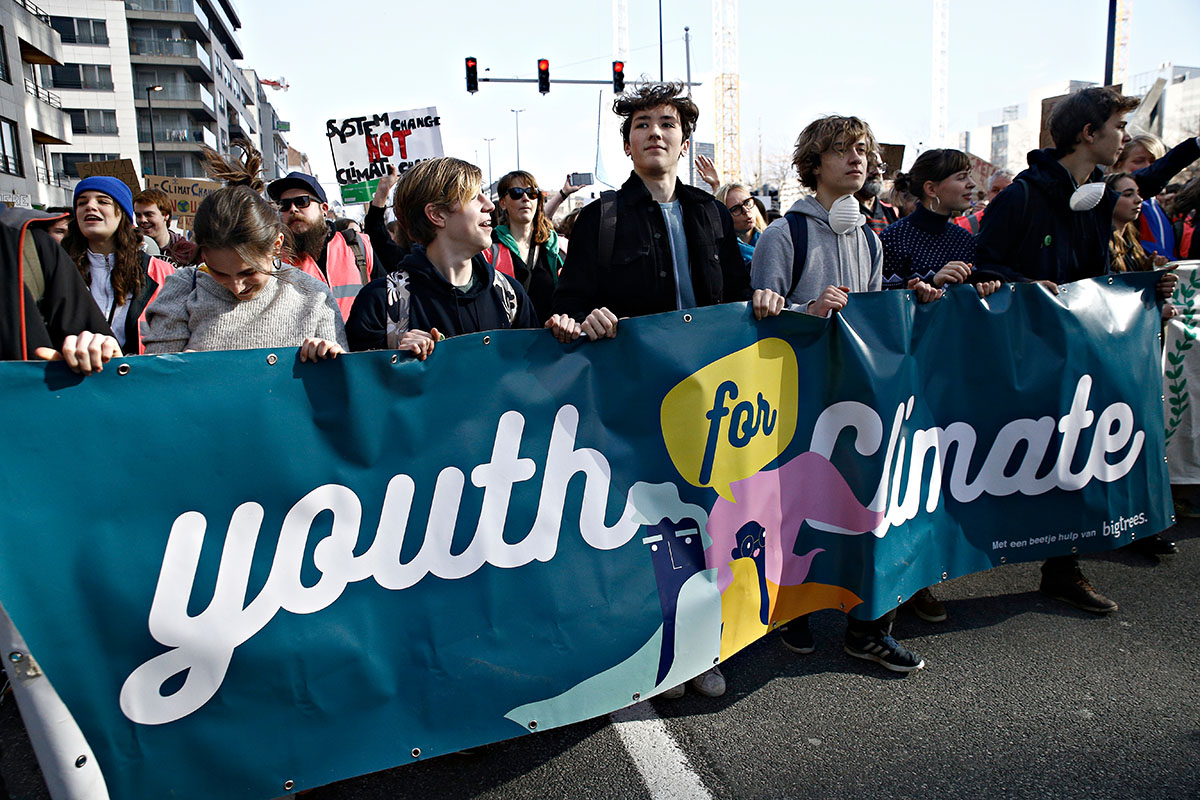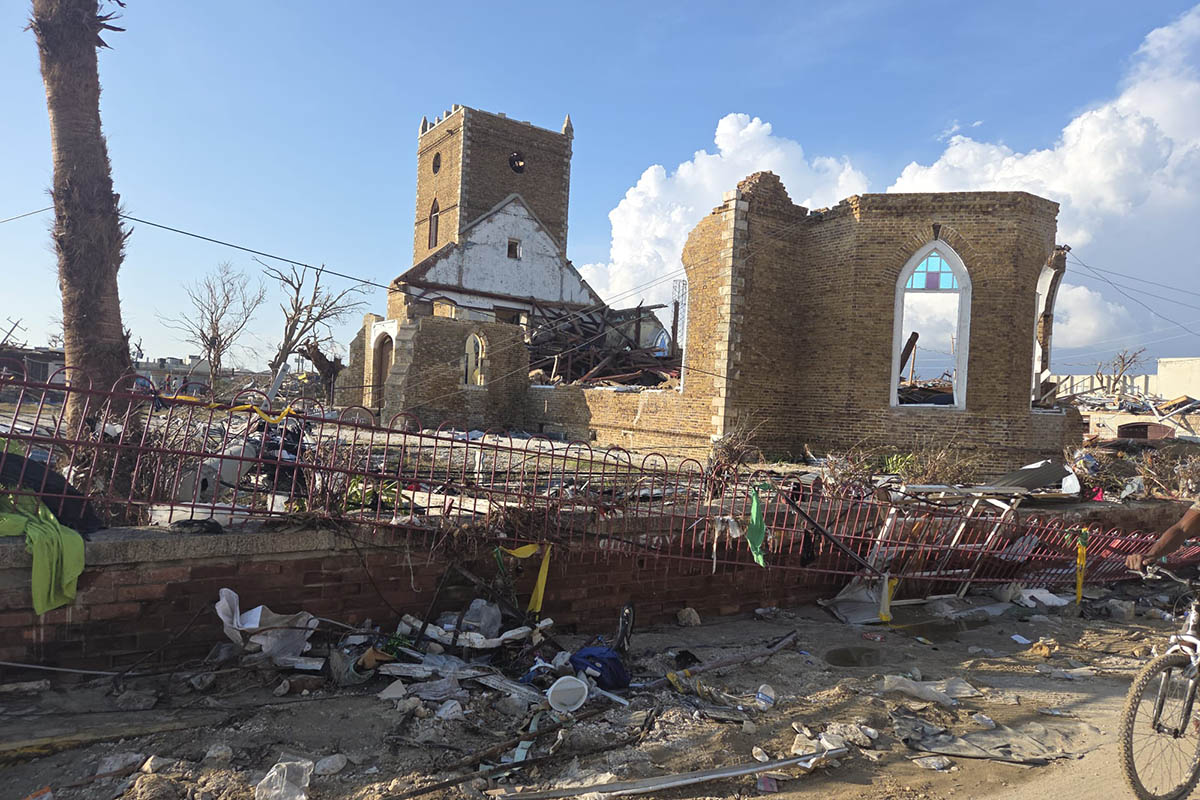“NGOs should rethink dependency syndrome”
January 26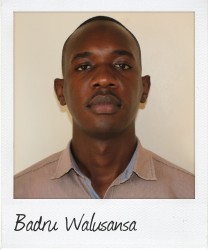 NGOs have played a critical role in many countries, but Badru Walusansa, 25, a Commonwealth Correspondent from Kampala in Uganda, argues that it is time for partnerships that encourage accountability and development.
NGOs have played a critical role in many countries, but Badru Walusansa, 25, a Commonwealth Correspondent from Kampala in Uganda, argues that it is time for partnerships that encourage accountability and development.
Non-Government Organizations (NGOs) in Uganda and elsewhere play a critical role in influencing socio-economic and political development.
The year 1980 arguably marked the evolution of NGOs in Uganda. At that time, many NGOs sprouted to address fundamental issues such as HIV/AIDS, poverty and children orphaned by war and disease.
In the years that followed, NGOs and other civil society expanded focus to issues of human rights, environment, governance, corruption, emancipation and education.
For a long time, funding of local NGOs has to a large extent been provided by foreign donors.
Almost every day, a new NGO crops up, with or without a clear cause, yet donor support is shrinking at a fast rate. The last five years have witnessed the withdrawal of major donors followed by donor cuts, hence affecting the operation of many local NGOs.
An NGO sector that is purely dependent on donor support is a recipe for absence of NGO power and local ownership. According to Sarah Michael, a research associate at Harvard University and author of the book Undermining Development: The Absence of Power among Local NGOs in Africa, NGO power is the ability of local NGOs to set their own priorities, define their own agenda and exert their influence on the international community, even in the face of opposition from government, donors, international NGOs and other developments.
However, as seen from the operation of several NGOs in Africa, local beneficiaries attach little or no ownership to donor support projects. Such beneficiaries think donor money benefits individual interests more than collective interests. Sometimes the conditions for donations are far reaching and can contradict the interests and beliefs of the beneficiaries.
In 2006, Danish artist Kristian Von Hornsleth initiated a project in Buteyongera village in Mukono District and supplied livestock to 340 locals on condition that they would change their names to “Hornsleth”. The public criticism that followed the initiative and the collapse of the programme points to how detached from reality some donor-funded projects are.
It is time for local NGOs to confront the most pressing questions and offer practical alternatives and solutions. Can NGOs thrive without donor support? And how can NGOs break the donor syndrome?
NGOs with membership platforms possess potential for self-sustenance through subscriptions. Such membership platforms, if strengthened, can create local ownership.
Ugandans have passion for volunteerism and often contribute towards a cause, whether it directly affects them or not. In the recent past, we have witnessed fundraising drives via various social media platforms towards healthcare and other needs of those in financial hardships.
As NGOs think of embarking on fundraising drives, they should ensure that no compromise is made on accountability – a challenge for many local NGOs as Arthur Larok elaborates in his 2003 working paper, Climbing the Credibility Ladder: Civil Society, Donor Support and the Accountability Challenge in Uganda.
NGOs should forge partnerships with private enterprises through corporate social responsibility and by taking advantage of the growing private sector to support their outreach programmes.
The culture of “reciprocity” should also be encouraged among the people. For example, we have many successful people whose education was funded by NGOs. If such people are challenged to give back to these organisations, a long lasting impact would be created in society without necessarily waiting for donor money.
badruwalu@gmail.com
photo credit: Wonderlane The Word “Give” made of Toddler’s shoes, Santa Cruz, California, USA via photopin (license)
………………………………………………………………………………………………………………
About me: I am a coordinator for Hands Against Poverty-Uganda, an initiative I support as I aspire to influence more youths in Uganda to directly engage in poverty reduction programmes. I am active in human rights advocacy and elections management, after having been a voter educator at the Citizens Election Observers Network-Uganda.
I have a passion for writing and have authored several articles on different topics in the Weekly Observer newspaper, and contribute articles for the Foundation for Human Rights Initiative’s website.
…………………………………………………………………………………………………………………
Opinions expressed in this article are those of the author and do not necessarily represent the views of the Commonwealth Youth Programme. Articles are published in a spirit of dialogue, respect and understanding. If you disagree, why not submit a response?
To learn more about becoming a Commonwealth Correspondent please visit: http://www.yourcommonwealth.org/submit-articles/
………………………………………………………………………………………………………………
